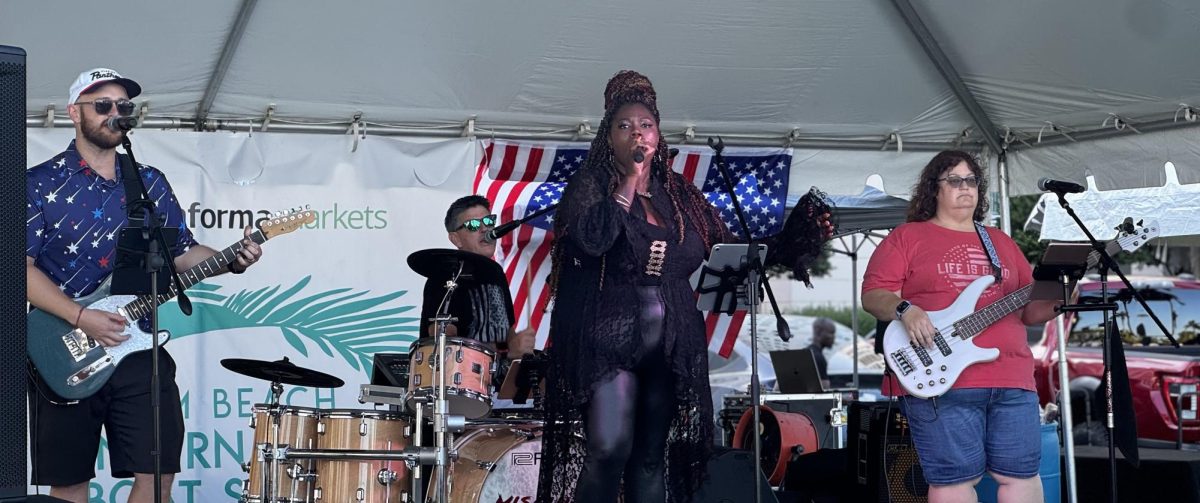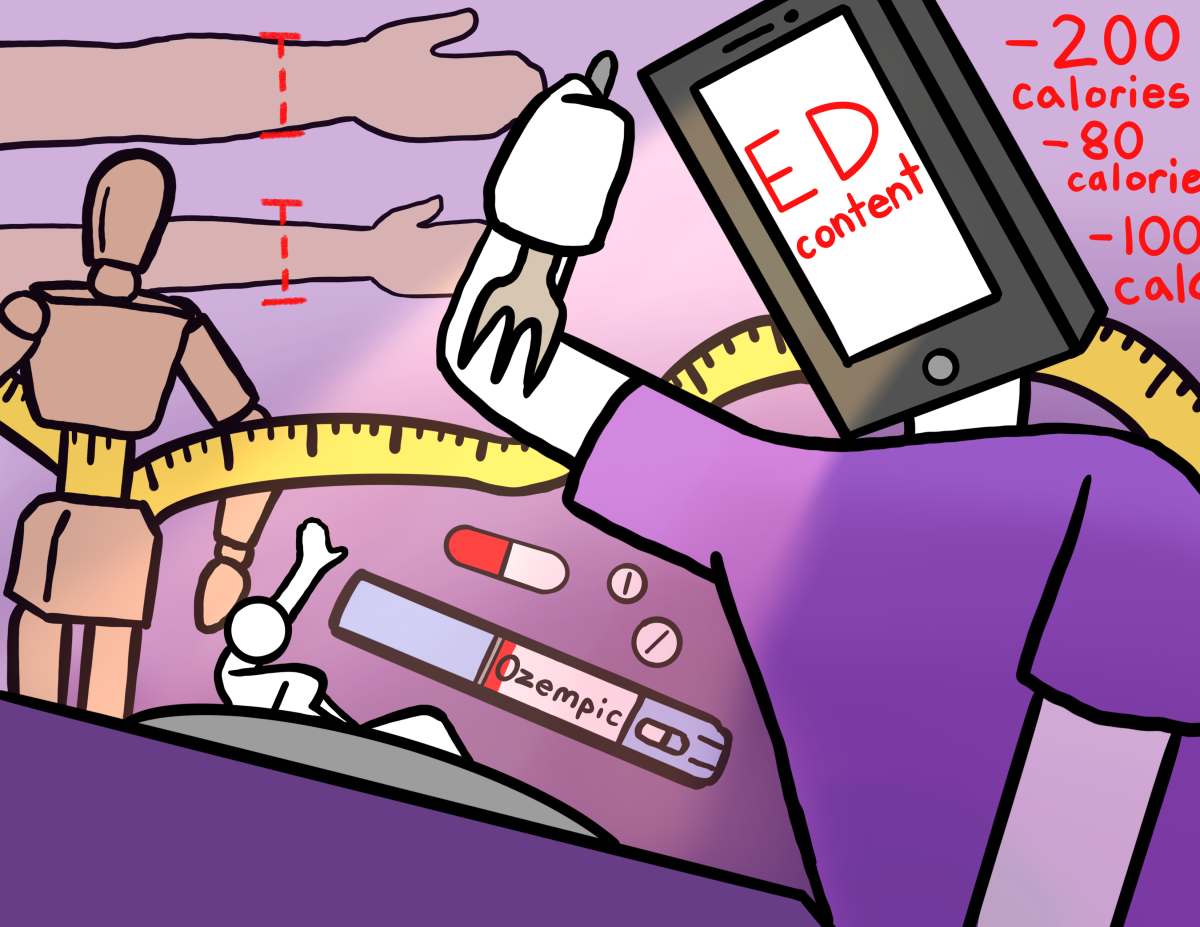*This story was originally published in the December 2016 issue of the Eagle Eye*
According to the National Coalition Against Dating Violence, nearly 1.5 million high school students in the United States are physically, sexually or emotionally abused by dating partners every year. 1.5 million.
That’s one out of 10 high school students in the entire country. So, statistically speaking, that means that if you know of five couples, one of them is likely to include an abused partner.
Broward County is no exception. A district-wide survey in 2015 reinforced this statistic, finding that out of all students surveyed, 9.8 percent of them reported experiencing dating violence and relationship-related sexual abuse in the year prior, with a markedly higher percentage for women affected than men. This is an issue that affects us all- students, teachers and administration alike- and yet it is an issue that often times goes unacknowledged and undiscussed.
And yes. It does happen at our school.
“When someone tells you enough time that you’re worthless, you start to believe it,” Jane Doe* said. “I think that’s probably the worst part of it. It’s not even the hurting or the name calling or the cheating, it’s the fact that he would still make me feel like a terrible person or that it was my fault when he did those things. He would tell me that he loved me, and that I was ungrateful for all that he did. It’s a special kind of torture – learning to hate yourself more and more until you don’t even care who you are.”
Young girls aged 16-24 experience about three times the national average of dating violence by their partner. Since adolescence is when teenagers grow the most emotionally and mentally, the people around them influence them greatly as they develop and experience things for the first time. When one’s first experience with relationships as a teenager is physical and mental abuse and anxiety, it is devastating to the growth of the victim.
“We’ve had incidents here in the past where student relationships had become violent – with one being abusive to the other, or even both,” Assistant Principal Winfred Porter said. “It’s always a difficult predicament, but it’s something that we as administrators and teachers are trained to look for and properly deal with.”
Every year, Broward County Public Schools (BCPS) mandates that all of its employees go through a dating violence training course, where they are shown how to spot, address and manage the issue. They are given the “look-fors” to identify unhealthy or unsafe relationships, so that teachers and administrators can help students – both actively dating and not – understand what a healthy relationship truly is. According to Porter, examples of such identifiers that they are taught to look for include erratic conduct, argumentative interaction and overbearing and overprotective actions.
Administrators also must punish perpetrating students according to the district’s Discipline Matrix, which does not explicitly acknowledge dating violence, but does regard the main aspects of it: harassment, verbal threats, battery, physical violence, sexual abuse and rape – all of which are treated as extremely serious offenses.
Yet, while the fact that serious steps are taken in reaction to such behavior, that doesn’t quite stop it from happening at the student level.
To address this issue, every year, all of the school’s English teachers show their classes a video and lesson on dating violence and abuse so that students know what exactly it looks like, how to report it and how to get out of such relationships when in danger.
“It’s really important for us to teach these kids how to handle their problems calmly and appropriately,” Porter said, “in order to show them what it means to have a healthy, safe and loving relationship.”
The 2015 district-wide survey also showed that out of the just under 1,400 students who participated, about 6 percent of students reported that they had been “physically forced to have sexual intercourse when they did not want to.” In other words, these students reported that they have been sexually assaulted.
In addition, freshman, sophomore, and junior girls all reported this happening more to them by varying (though still small) margins, while only in the senior group did boys show a slightly higher percentage.
According to the Centers for Disease Control and Prevention, someone that is a victim of dating violence is more likely to do poorly in school, binge drink and smoke, become pregnant, have an STD, attempt suicide, feel hopeless and depressed, develop a negative body image and enter into violent adult relationships.
“The lasting effects of abuse are many and varied,” said Aimee Wood, Prevention Specialist at the Diversity, Prevention & Intervention Department of Broward County Public Schools, “but the biggest concern for me is that over a person’s lifetime, even if they change partners, on average whether abused or an abuser, people tend to not change this learned pattern of relationship behavior. So unhealthy relationships can start early, but last a lifetime.”
While this cycle of abuse is hard to get out of, effective ways to survive and heal from it do exist.
“The most important thing is to remove oneself from the situation and be surrounded by a caring, non-judgmental support system,” said local marriage and family therapist Dawn Kravitz. “The victim should have someone help them reach into their positive side and someone to teach them positive self talk, whether that be a professional or a relative. This way, slowly but surely, they can open up again and heal.”
According to Wood, there are also ways to prevent the violence from happening in the first place.
“The key to the reduction of dating violence is the teaching of social and emotional skills early and throughout the course of students’ lives. To have healthy [relationships] we need to know how to manage our emotions, deal with conflict in a healthy way, and examine our biases in regards to gender role stereotypes,” Wood said.
The Diversity, Prevention & Intervention Department, a part of the Broward County Public School System, is one of many organizations that aims to help students with such problems they face – with counselors and services providing help for dating violence and sexual abuse, programs promoting tolerance and non-violence, and general peer counseling. For any student seeking assistance, they can be reached at (754) 321-1650.
There are many resources available at Marjory Stoneman Douglas High School as well. School Psychologist Audrey Wong and Social Worker Marianne Dubin provide an on-campus support system. Students can report dating violence to a teacher or a school administrator.
Students can also anonymously report incidents to the BCPS Special Investigative Unit (SIU). SIU can be reached by phone at (754) 321 0911, by text at CRIMES 274637 (begin message with SBBC), by email at school911@browardschools.com or by anonymous tip form http://www.broward.k12.fl.us/siu/

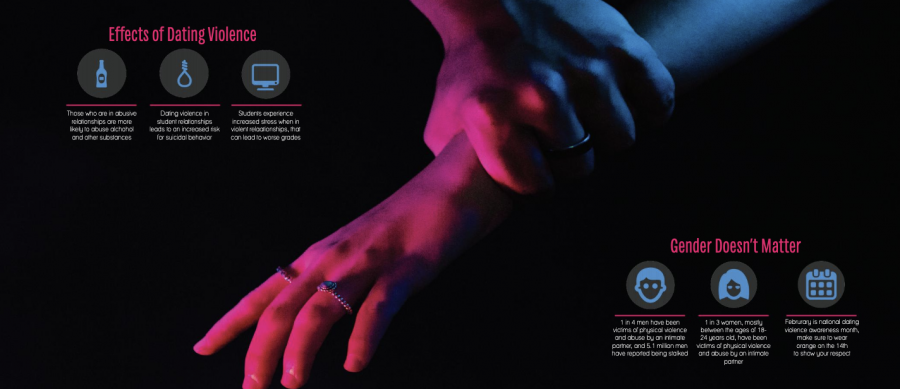



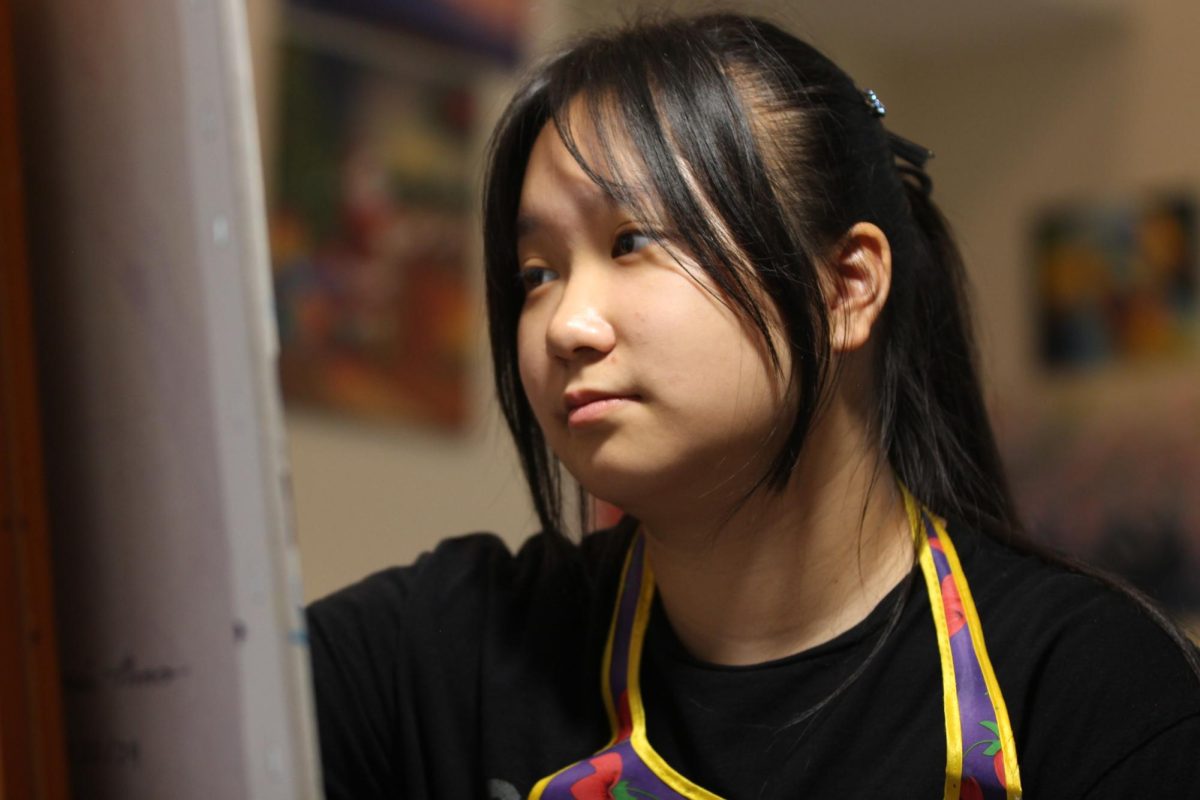
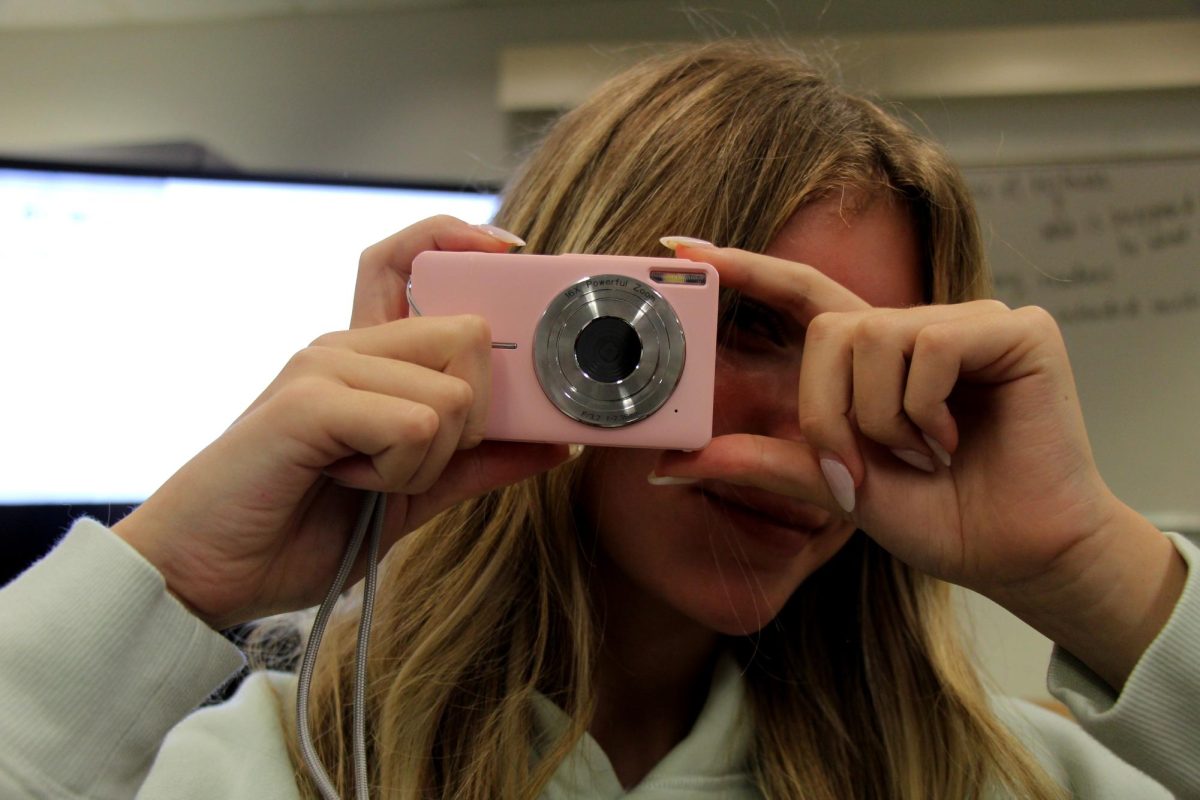

![National Honor Society Sponsor Lauren Saccomanno watches guest speaker Albert Price speak to NHS members. National Honor Society held their monthly meeting with Price on Monday, Nov. 4. "[Volunteering] varies on the years and the month, but we have started a couple new things; one of our officers Grace started a soccer program," Saccomanno said. "We have been able to continue older programs, too, like tutoring at Riverglades. NHS's goal is to have as many service projects as possible."](https://eagleeye.news/wp-content/uploads/2024/11/xNOeKNVwu7aErpVyJHrHogagZUUcLLosjtbIat94-1200x900.jpg)

![Ice Ice Baby. Skating to "Waltz" and "Romance" during her long program, figure skater Ava Zubik competes at the Cranberry Open in Massachusetts on Aug. 12, 2022. She scored a total of 86.90 on her short and free skate program, earning fifth place overall. "I try to make it [competing] as fun and enjoyable as I can because it's my senior year, and so I want to really enjoy competitive figure skating while it lasts," Zubik said.](https://eagleeye.news/wp-content/uploads/2024/11/skater1-799x1200.jpg)
